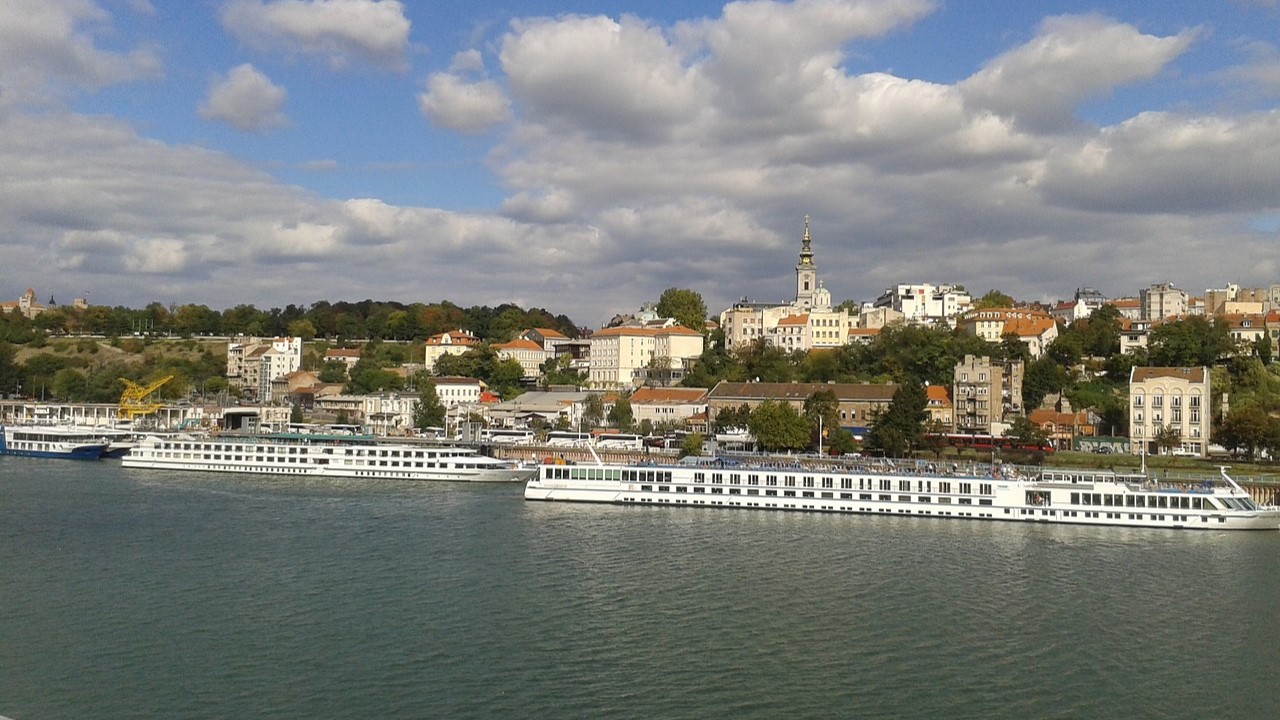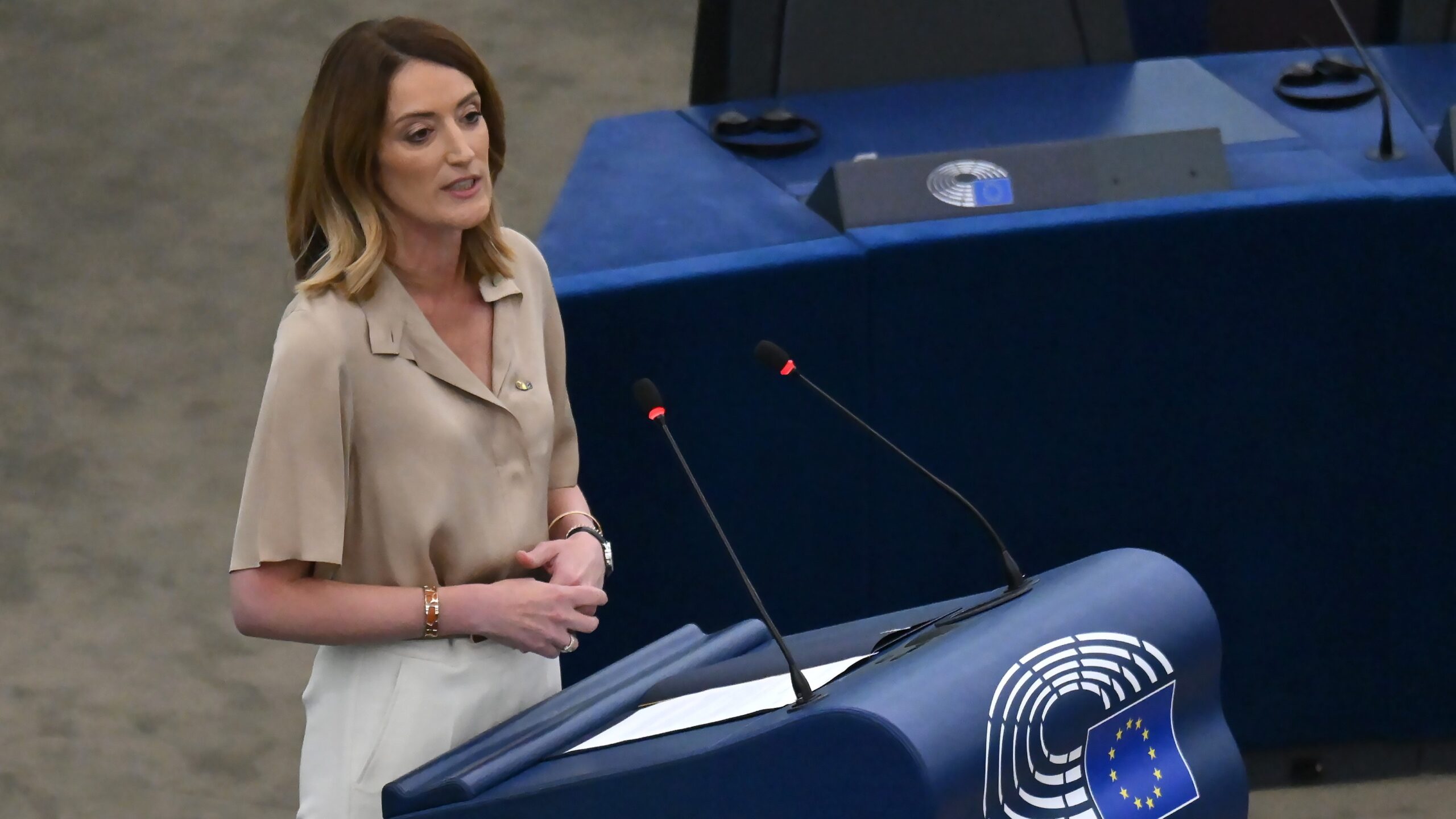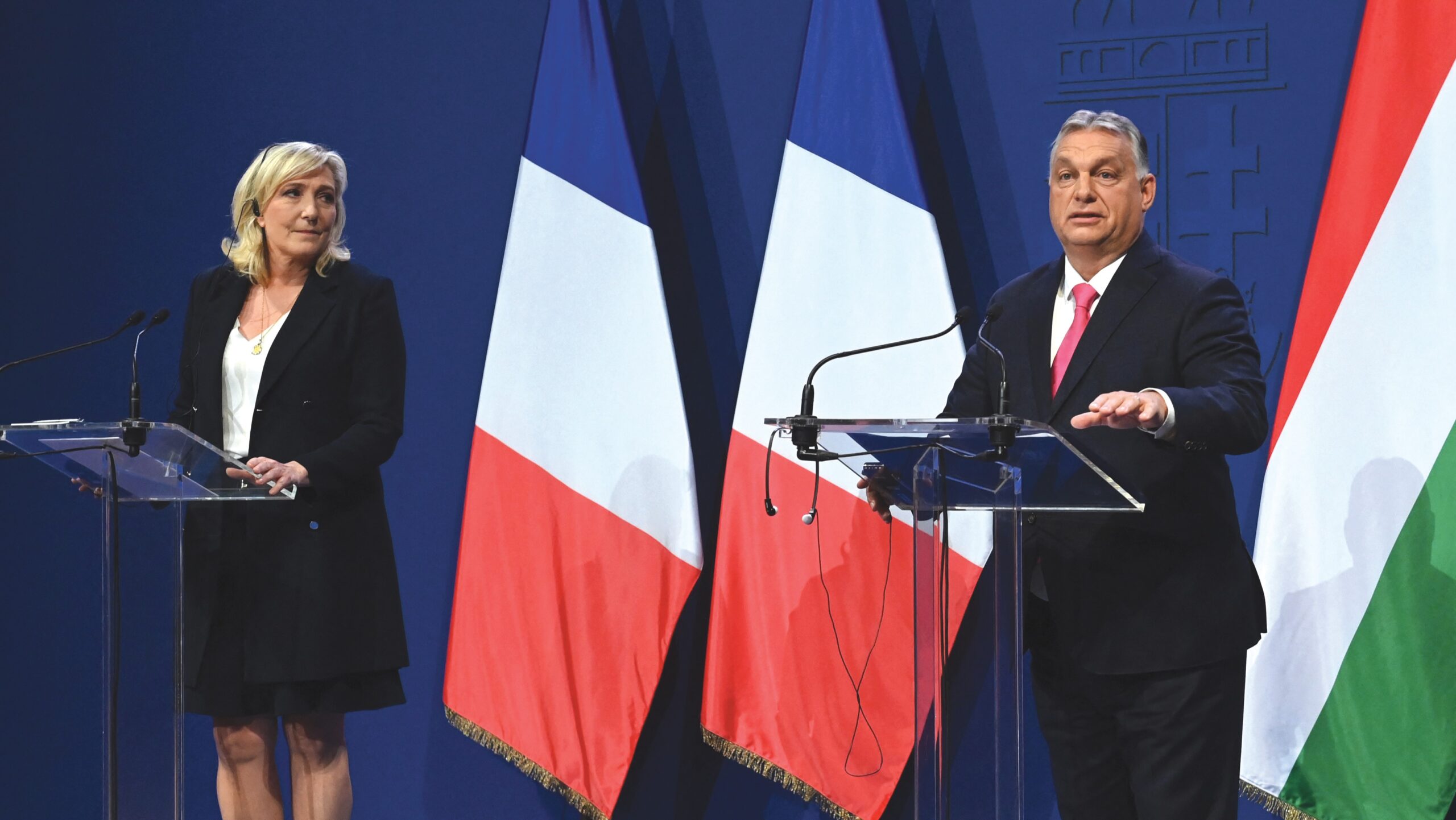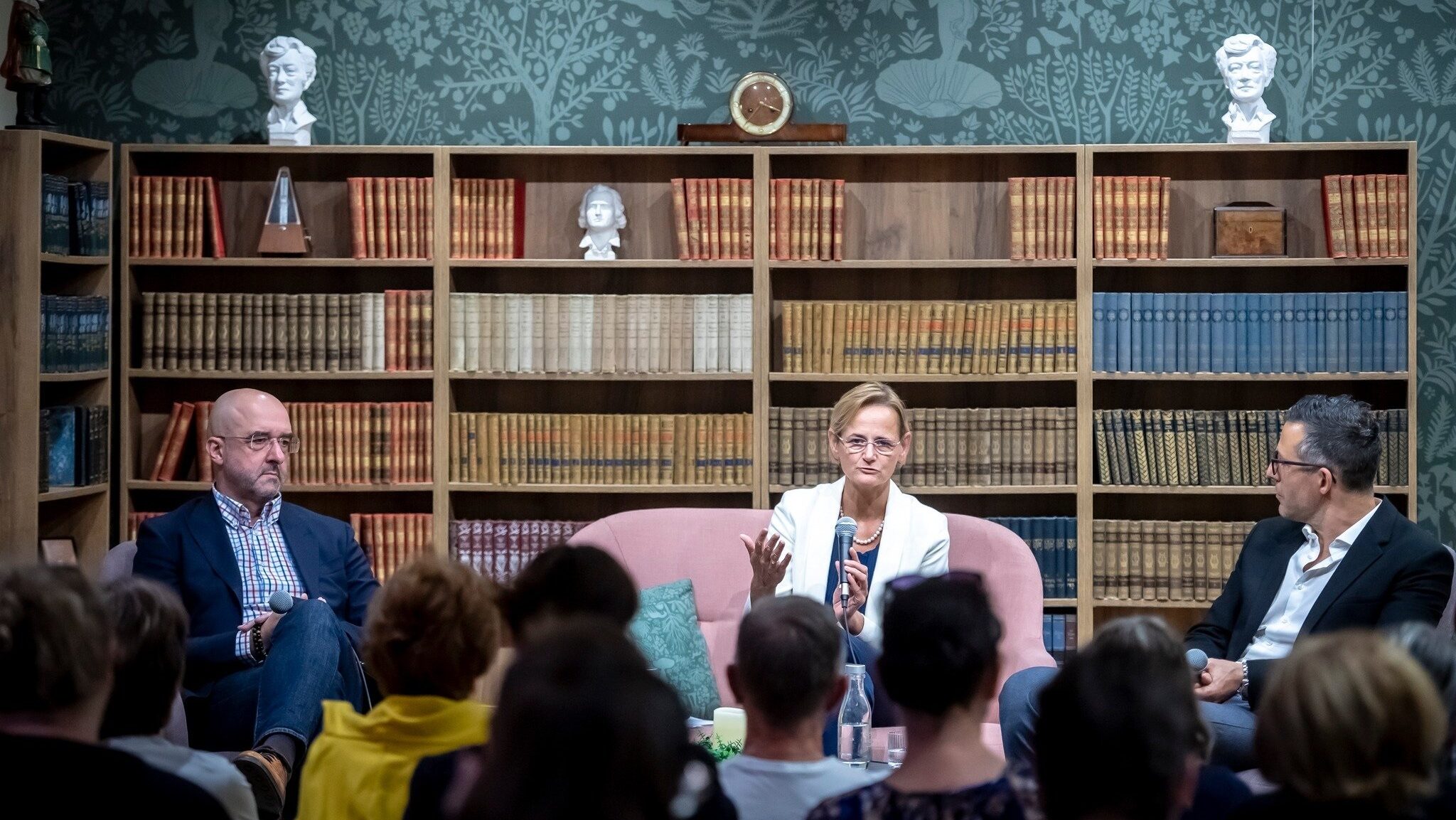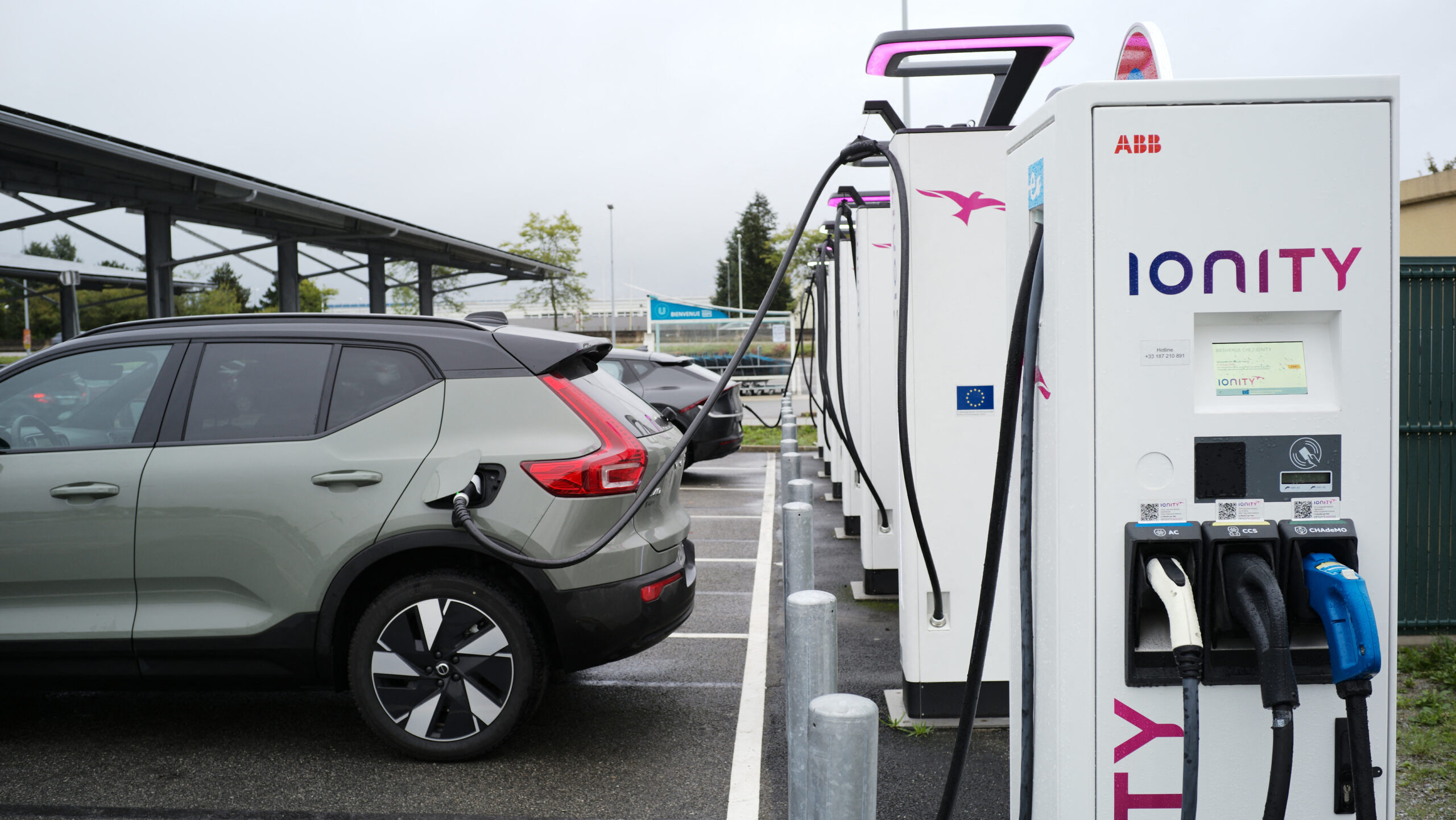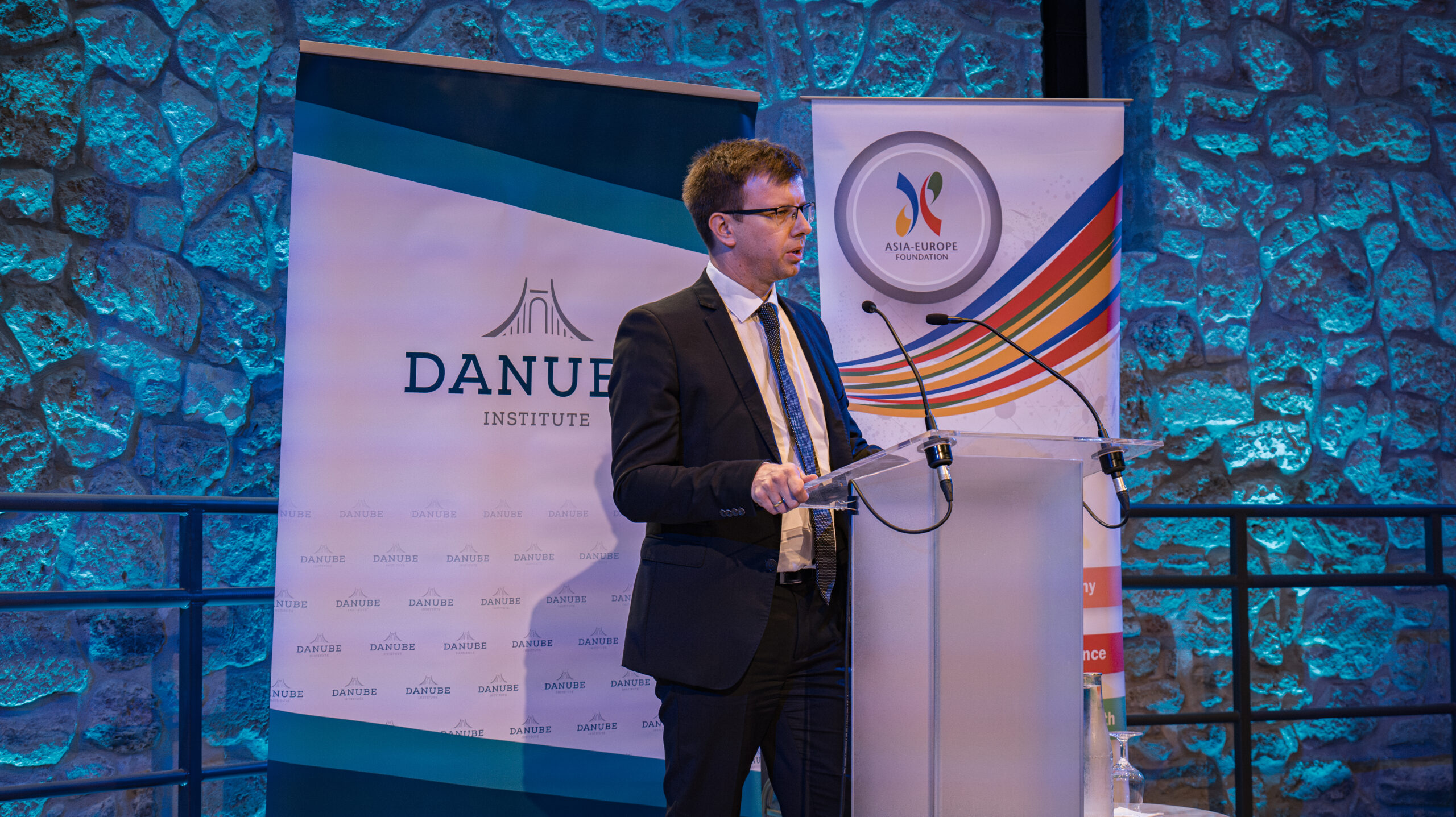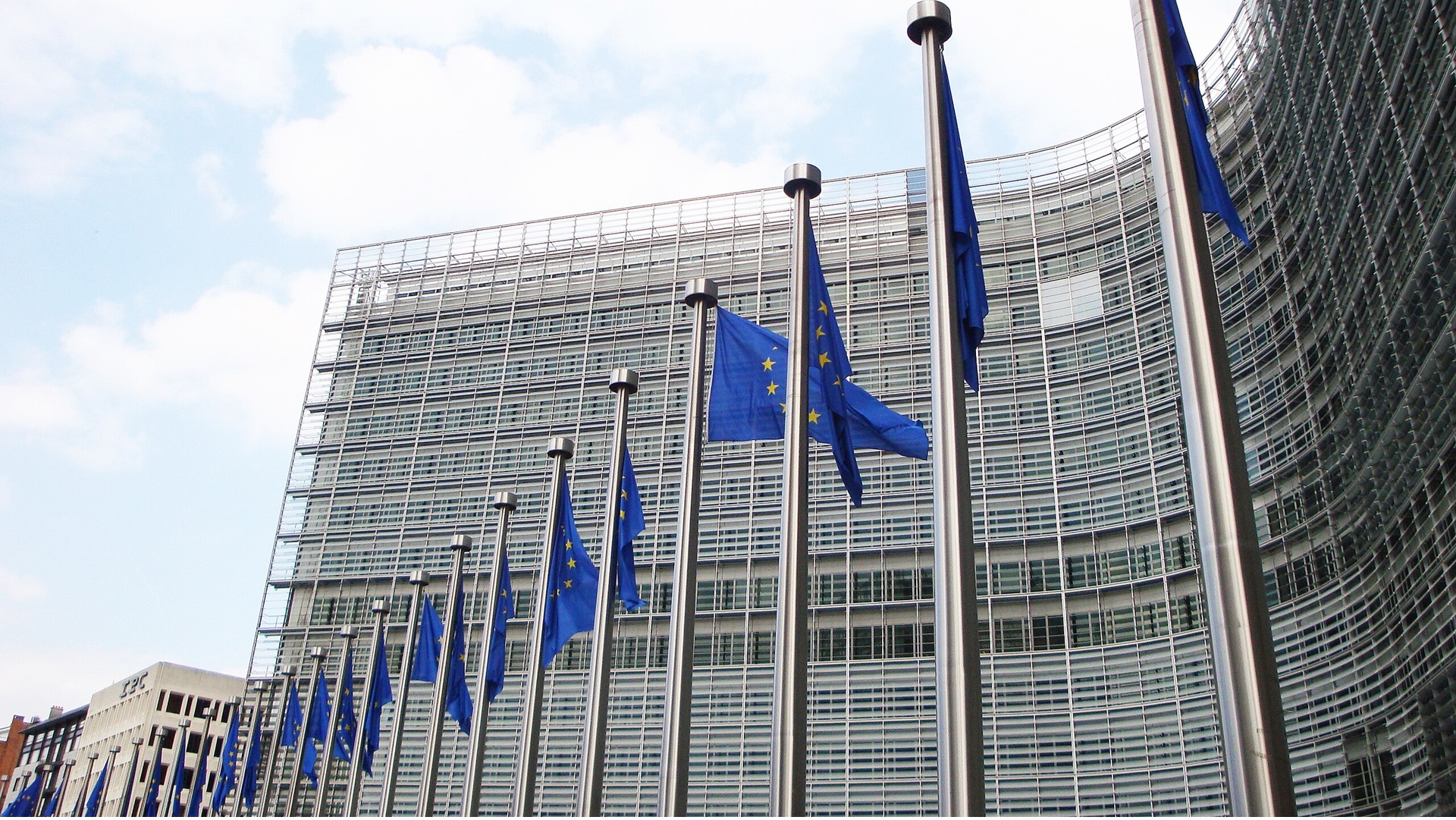
Migrant Fine to Be Deducted from Hungary EU Funds?
The European Court of Justice issued a €200 million fine, as well as additional fines of €1 million per day to Hungary for failing to comply with migrant quotas in June. Hungary has failed to pay up by the first deadline, so now the European Commission is looking to deduct the penalties from the EU funds due to Budapest.



